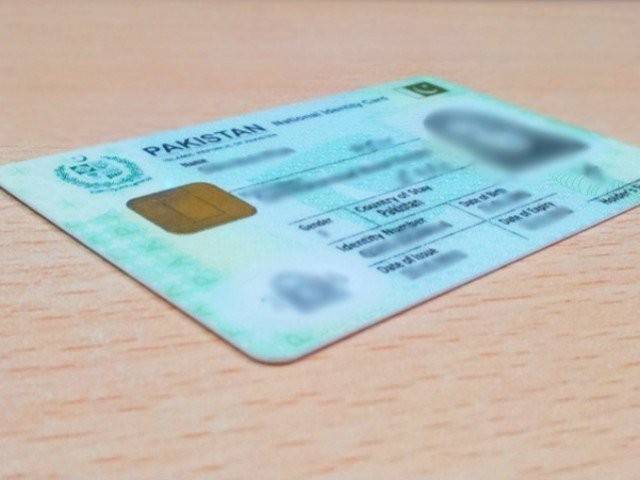The Ministry of Health and the National Database and Registration Authority (NADRA) are joining their forces to launch a digital health system at the national level which links medical files with national identity cards.
The initiative, named “ one patient one id ”, will use the national identity card number (CNIC) of a person (CNIC) as permanent medical file number (MR), accessible in health establishments across the country.
The plan was examined at a meeting chaired by the Federal Minister of Health Mustafa Kamal and the president of Nadra, the LT Gen Mohammad Munnir AFSAR.
“There is currently no appropriate data system for patient files in Pakistan,” said Kamal. “Now the CNIC will act as the MR number on a national scale.”
He added that this decision should improve the provision of health care and extend telemedicine services. “Doctors and drugs will reach people at home by telemedicine,” said Kamal, highlighting the growing role of digital health care.
The Minister also pointed out that the pressure on the main hospitals increases, 70% of patients circumventing local clinics and basic health units.
He called for better decentralized systems to manage growing demands for the country’s population and health care.
In addition, the decision was welcomed as a historic reform of the country’s medical and research community.
Health Research Advisory Board (Healthrab) called The Move as a “historic milestone” for health data governance in Pakistan.
Professor Abdul Basit, a large diabetologist and president of Healthrab, congratulated the Federal Minister of Health Mustafa Kamal and the President of Nadra, the LT Gen Muhammad Munir AFSAR, for what he described as “visionary and revolutionary movement” for the Pakistan health sector.
“By declaring the CNIC as a universal medical file number, Pakistan is leaping to integrated and patient care,” said Professor Basit.
He noted that the system would help detect unheeded cases, in particular silent diseases such as diabetes and hypertension, while improving the development of evidence -based policies.
Prof Basit highlighted the importance of this digital health integration for disease research and monitoring. “For the first time, we will be able to build databases in real time for chronic conditions and linked to the lifestyle,” he said, adding that it would strengthen preventive and primary care while lifting pressure on large hospitals.




